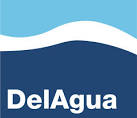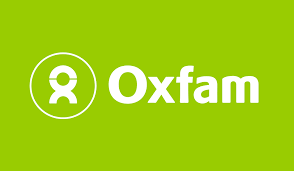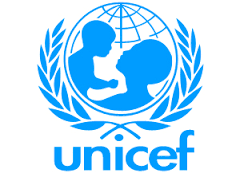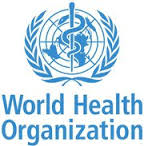How can water quality in remote locations be tested quickly and cheaply?
The challenge
The World Health Organisation (WHO) estimates that around a quarter of all humankind is carrying intestinal parasites, as a direct result of inadequate sanitation.
However, when the WHO published international guidelines for drinking-water safety in 1984, the only portable water testing equipment available was ungainly and heavy to transport. For public health workers and aid agencies, a cheap, effective and reliable water testing system for use in remote locations was essential if lives were to be saved.
The solution
At the University of Surrey in the 1980s, Professor of Environmental Health Engineering, Barry Lloyd set up a multidisciplinary team with the goal of producing a water testing kit, which was light, reliable, simple to use and accurate. The result was a kit that tests for five water quality indicators, which in combination can show the likelihood of pathogens being present.
In the early 1990s, Dr Steve Pedley worked on ways to improve the kit, and the current version has many different applications: UNICEF uses it for data monitoring; Oxfam uses it in emergency situations; UNHCR uses it in refugee camps in war zones; and armed forces use it to test water supplies.
In 2006, the business was transferred out of the University of Surrey, and a UK-based not-for-profit company, DelAgua, was formed to take the business forward. Following consultations with users, DelAgua re-engineered the product, enabling much higher stock levels to be held, and markets the kit globally. The DelAgua Water Testing Kit is now used in 130 countries across the globe by over 1000 different organisations. Typical users include UNICEF, IFRC, WHO, Red Cross, Water Aid and Oxfam.
Resulting benefits
The DelAgua Water Testing Kit is easy to use, and extremely robust with a field life expectancy of over 15 years. It holds incubation temperatures accurately for up to 24 hours and can conduct as many as five testing cycles a week, without battery recharge.
Prof Lloyd "The DelAgua kit allows people to carry out simple chemical tests, and to incubate samples. Training is straightforward and takes around two days." According to James Beaumont, Director of DelAgua, "DelAgua has a very strong brand name with the NGOs in the developing world. We are committed to ensuring that high level of quality stays."
Future directions
James Beaumont of DelAgua says: "The company is launching a low cost canister which can collect and store water safely, and can be used, without training, by a family of four for up to 12 months. We are also continuing to encourage water authorities to use the DelAgua kit to monitor the quality of water supplies, in non-crisis relief situations."


















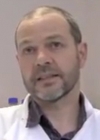 Steve Pedley
Steve Pedley